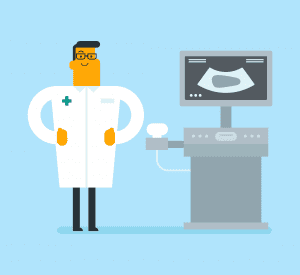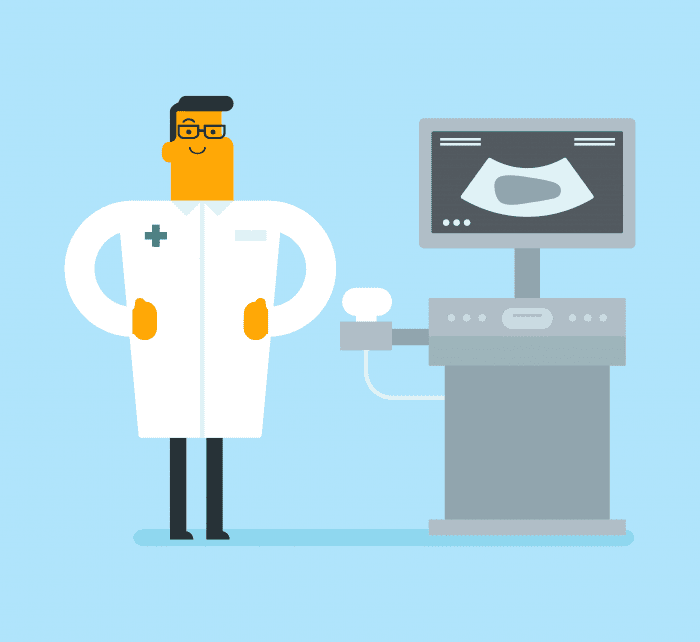 Alcohol addiction can be an overwhelming challenge to overcome. It often requires professional treatment and a lifelong commitment to sobriety. However, risk factors associated with regular drinking make recovery well worth the effort.
Alcohol addiction can be an overwhelming challenge to overcome. It often requires professional treatment and a lifelong commitment to sobriety. However, risk factors associated with regular drinking make recovery well worth the effort.
Alcohol & the Liver
Specifically, illnesses caused by alcohol addiction predominantly affect the liver, causing degradation and imbalances to take place throughout the entire body.
The liver is the largest organ in the body. It facilitates proper detoxification, balances hormone levels, and assists in the digestion and absorption of nutrients. Hepatocytes, the cells that make up the liver, are responsible for many other essential metabolic processes needed for our bodies to function properly, including:
- Converting our food into energy
- Removing toxins from the bloodstream
- Sorting and storing nutrients for future use
- Eliminating toxic material through the stool
The liver is also crucial in helping maintain regular energy levels by assisting in breaking down fats and proteins consumed through our daily diets and repurposing them as needed for other bodily functions. The liver plays an essential role in eliminating harmful by-products of what we ingest.
When the liver is experiencing stress from being overworked due to alcohol addiction, it can become damaged or diseased. This overexertion prevents the liver from performing essential tasks including, but not limited to:
- Creating proteins needed for blood clotting
- Storing nutrients and vitamins
- Supporting the creation of bile in the gallbladder to assist digestion of fats
- Maintaining balanced blood sugar levels
- Regulating and optimizing the immune system
About Liver Disease
Liver diseases that are commonly developed by those with a previous history of alcohol abuse can vary dramatically in severity and presentation. Each body uniquely moves through these illnesses, responding in various ways to acute treatments, long-term therapies, and other supportive measures. If you or a loved one is experiencing symptoms associated with any of these diseases, we suggest that you seek professional medical advice as soon as possible.
Alcohol-Related Liver Disease (ARLD) affects between ten and fifteen percent of heavy-drinking Americans. It most commonly presents in individuals who have been excessively drinking for years. ARLD progresses in three stages:
- Alcoholic fatty liver disease: This is the least alarming stage of ARLD, but should be used as a warning to prevent further liver damage. This stage is characterized by fatty accumulation around the liver and a decrease in liver function. Immediate alcohol cessation may reverse this damage and prevent further harm.
- Acute alcoholic hepatitis: This stage of ARLD causes excessive swelling in the liver and may cause irreversible damage. Treatments may prove beneficial if utilized promptly after diagnosis.
- Alcoholic cirrhosis: This scarring, also referred to as cirrhosis, is the result of the life-threatening consequences of liver damage and inflammation. This is the most severe stage of ARLD and may lead to liver failure, especially if left untreated.
Preventing Liver Disease
There are a variety of ways to prevent liver diseases through diet and nutrition, regular exercise and sleep schedules, and regulation of excessive drinking and stress levels. Some find liver cleanses helpful, but you should always consult with your doctor before participating in any liver detox regiment.
Research suggests that some foods are better suited to protect your liver from disease due to their dense nutrient value and ability to support proper digestion. For example, dark, leafy greens and citrus fruits are potentially therapeutic for the liver. These foods can easily be integrated into you or your loved one’s diet to add an extra preventative measure and to optimize liver health.
We Are Ready to Help
Great Oaks offers many types of programs that may provide you or your loved ones with proper support while moving through the recovery process and committing to sobriety. Please contact us at any time with questions and concerns related to the alcohol recovery and detoxification processes. We are here for you and your loved ones.



